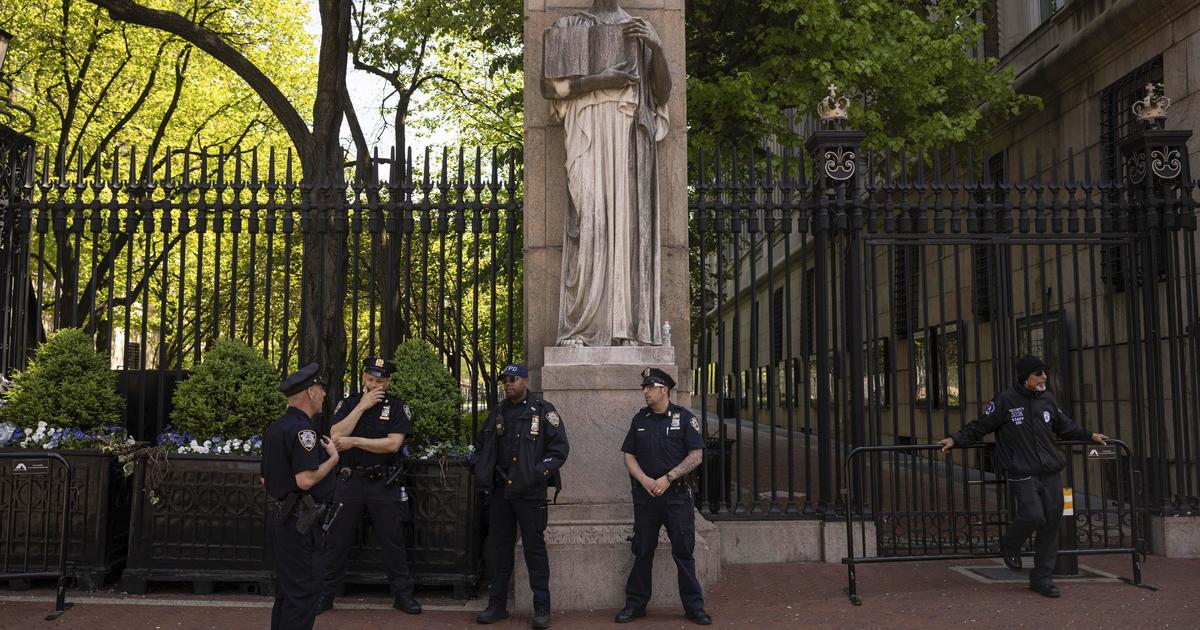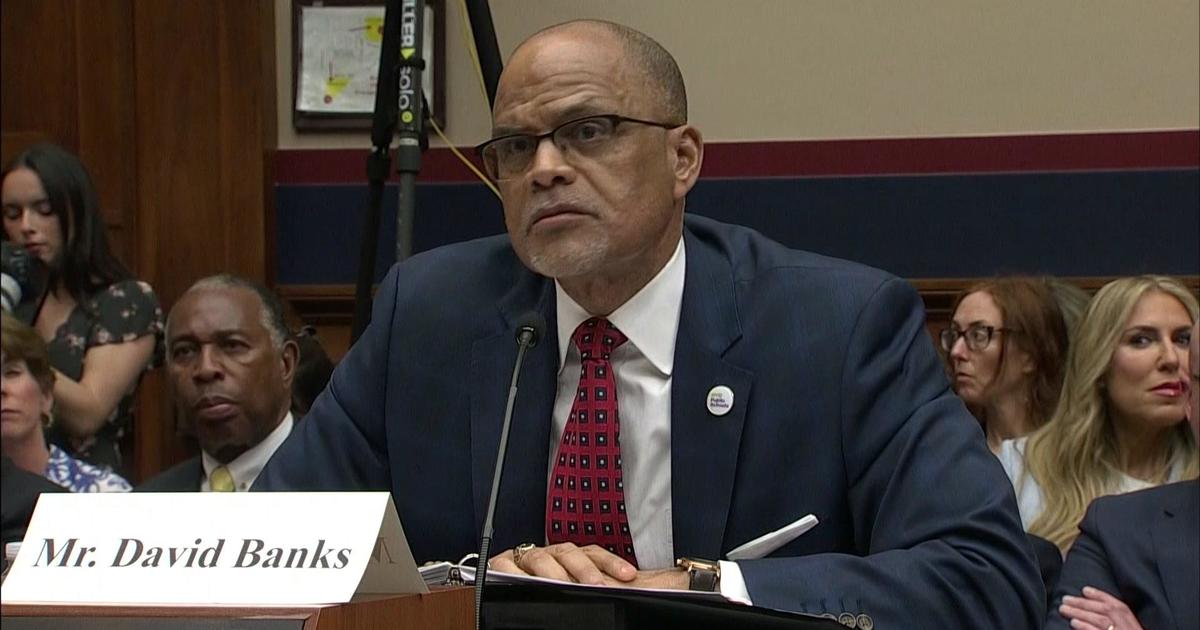House Sets Sandy Aid Vote After Harsh Criticism From Area Lawmakers
WASHINGTON (CBSNewYork/AP) -- The House is headed for a vote on aid for Superstorm Sandy victims after House Speaker John Boehner mollified Republicans from New York and New Jersey upset with his decision to cancel action on the bill.
Facing intense pressure, Boehner agreed Wednesday to schedule a vote Friday on $9 billion for the national flood insurance program and another vote Jan. 15 for a remaining $51 billion in the package, said Rep. Peter King, (R-N.Y.).
WCBS 880's Peter Haskell reports
Podcast
"All I care about is my constituents, the constituents of New York and New Jersey, who were absolutely devastated," King said. "Clearly, the Speaker responded and I take him at his word."
The new Congress is being sworn in Thursday.
King left a meeting with Boehner and other Republicans without the anger that had led him to rip into the speaker on the House floor, calling Boehner's attitude "dismissive'' and "cavalier.''
"It was a very positive meeting,'' King said afterward.
Boehner, R-Ohio, assured the lawmakers that the money from the two House votes would roughly equal the $60 billion package of aid that passed the Senate, King said.
Since the votes will be taken in the new Congress, the Senate also will have to approve the legislation. If the House, as expected, approves the $9 billion flood insurance proposal, the Senate plans to move quickly in hopes of approving the aid on a voice vote Friday. The flood insurance money will help pay for claims by home and business owners with coverage.
A still angry Gov. Andrew Cuomo isn't ready to believe the Republican House leadership will finally vote on Sandy relief aid. Instead, he's telling them: "Show me the money.''
Cuomo isn't taking back his criticism Wednesday of Republican majority leaders who promised several times to vote on aid for Sandy victims, but abruptly postponed any action.
Cuomo says the lack of a vote on the package worth billions of dollars to victims and local governments remains an "outstanding failure.''
He says Thursday that, in a way, the Republican leaders violated their oath of office.
Sandy was the most costly natural disaster since Hurricane Katrina in 2005 and one of the worst storms ever in the Northeast.
Boehner's decision Tuesday night to cancel a vote on Sandy aid before Congress ended its current session provoked a firestorm of criticism from New York, New Jersey and adjacent states where the money will go.
"There was a betrayal," Rep. Michael Grimm (R-N.Y.) said on the House floor Wednesday. "There was an error in judgment that is going to cost, I think, the trust of the American people."
"This is a disaster on top of a disaster," said Rep. Frank LoBiondo (R-N.J.).
"How can we treat an entire region of the country this way," said Rep. Jerry Nadler (D-N.Y.). "It is the most disgraceful action I've seen in this House in 20 years I've been here."
According to King, Boehner explained that after the contentious vote to avoid major tax increases and spending cuts called the "fiscal cliff,'' the House speaker didn't think it was the right time to schedule the vote before the current Congress ended.
"What's done is done,'' King said. "The end result will be New York, New Jersey and Connecticut will receive the funding they deserve."
Much of the money in the proposals is for immediate help for victims and other recovery and rebuilding efforts.
Some $5.4 million is for the Federal Emergency Management Agency's disaster relief fund; $5.4 billion is to help transit agencies in New York and New Jersey rebuild; and $3.9 billion is for the Housing and Urban Development Department's development fund to repair hospitals, utilities and small businesses.
WCBS 880's Levon Putney reports
Podcast
More than $2 billion in federal money has been spent so far on relief efforts for 11 states and the District of Columbia struck by the storm. The Federal Emergency Management Agency's disaster relief fund still has about $4.3 billion, enough to pay for recovery efforts into early spring, according to officials.
Federal relief funding for Sandy has been slower than any other recent natural disaster.
In 1992 after Hurricane Andrew hit Florida, it took 31 days for approval of a disaster aid package. When hurricanes Gustav and Ike hit in 2008, it took just 17 days. In the wake of Hurricane Katrina, relief money was approved after just ten days.
Please share your thoughts below...
(TM and © Copyright 2013 CBS Radio Inc. and its relevant subsidiaries. CBS RADIO and EYE Logo TM and Copyright 2013 CBS Broadcasting Inc. Used under license. All Rights Reserved. This material may not be published, broadcast, rewritten, or redistributed. The Associated Press contributed to this report.)



